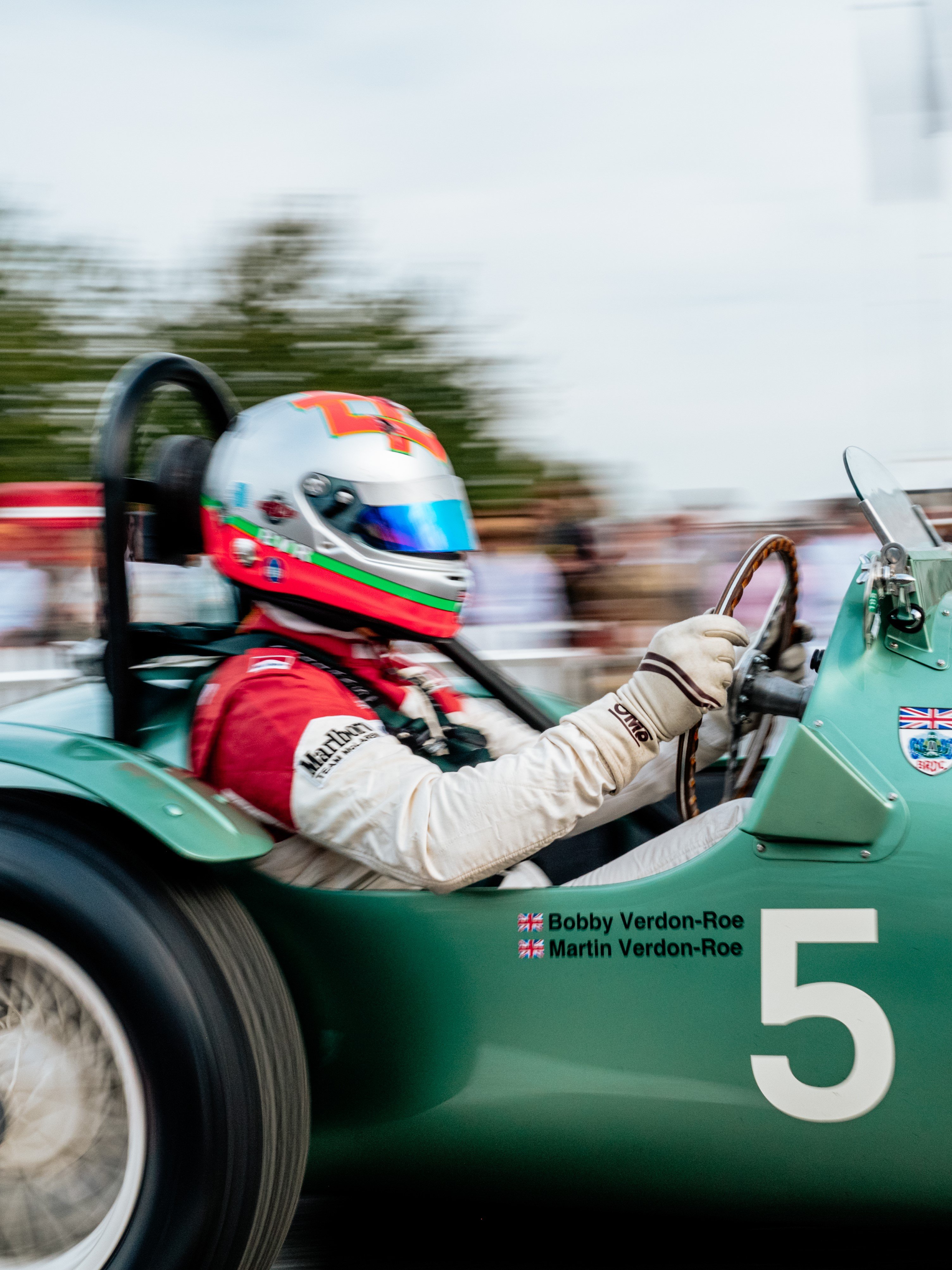The Purosangue isn’t the first family Ferrari | Thank Frankel it's Friday
It was with no shortage of spluttering and righteous indignation from the purist cognoscenti that Ferrari this week shared a dark and shadowy image of a new car, which editors took no time at all to electronically brighten up and reveal all. And there lay the proud nose of its new SUV, currently entitled Purosangue, which approximately translates into ‘thoroughbred’.

It was quite inevitable that despite earlier protestations to the contrary under a former administration, Ferrari would eventually make such a car. Simply put, from the moment it placed a chunk of its shares in public ownership at the end of 2015, the car became a certainty. These IPOs, as they are called, are essentially a Faustian pact with the public, where the company gives up the right to self-determination in exchange for an ability to raise money that would never be possible in private hands. In such circumstances, long term brand building tends to take a back seat to the imperative of putting shareholder value behind the wheel. And in this business the one thing we all know is that nothing succeeds like luxury SUV-shaped success. Indeed it is the only kind of car capable of selling in both huge volumes and with no less impressive margins.
For Ferrari in 2022, it’s a similar situation to that seen at Porsche twenty years ago, where having only ever built small, light, two-door coupes and roadsters, they bet the farm on a two-tonne SUV called Cayenne, and have been cashing in ever since. But the situations are not directly comparable because the Cayenne was part of a joint venture with Volkswagen and Audi to produce three SUVs on the same platform, the Cayenne, Touareg and Q7. Ferrari, like Aston Martin did with the DBX, have had to go it alone and develop their own car, yet the demand is likely to be such that it will become the most popular Ferrari in its history and more than repay its investment costs.
How times change. It is perhaps little remembered today that half a lifetime ago, Ferrari considered very seriously creating a family car, and when I say ‘Ferrari’ I don’t just mean the company, I mean the bloke who gave his name to it too. What’s more – and you’ll spot the irony here – if he hadn’t already sold off a huge slice of the business to a bunch of outsiders called Fiat, it would probably have been made, because there’d have been no-one to stop him.

Do you recall the Ferrari Pinin? It was an extraordinary-looking thing, created to celebrate the 50th anniversary of Pininfarina in 1980 which, at the time were styling most (but not all) of Ferrari’s road cars. It looked quite like a 400i, but with a lower, more dramatic bonnet line, and egg-crate grille and, you guessed it, four doors. Actually, it would have been more accurate to call it the Pinin Ferrari, or the Pininfarina Enzo, because it was entirely the work of the famed carrozzeria, as a kind of birthday present to itself, and was first shown on the Pininfarina stand at the 1980 Turin Motor Show.
By all accounts, Enzo was much taken with the car, so much so that it seems he was quite serious about putting it into production. There’s a lovely story that one of the reasons for this was that, since the Fiat takeover, everyone up to and including Enzo had to use homegrown products so one of the greatest figures this industry has ever known was forced to go from place to place in a chauffeur-driven Fiat 130. A Pinin would have been somewhat more becoming.
But it was not to be. Despite having the looks and the power, courtesy of its front-mounted, Boxer-sourced, 5-litre flat-12 motor (which is what permitted that oh-so low bonnet line), the Fiat top brass were dead against it, citing the cost of putting it into production and comparatively low sales that could be expected. I imagine that designing in Mercedes-Benz levels of quality and reliability would have given them food for thought too. So the car got canned.

It didn’t disappear, however, and after it was sold off it turned up from time to time until one gloriously mad owner decided to turn a car which had only ever been intended to be a show queen, into a running vehicle. What’s more he commissioned none other than Mauro Forghieri to do the work, which finally came to fruition in 2010, fully 30 years after the car as first seen. It is now believed to be in the US.
Funny, isn’t it, that in 1980 a luxurious Ferrari family car was cancelled because it was insufficiently true to Ferrari’s roots and that the cost of production would likely not be justified by the number it could help to sell. Today the former consideration is a consideration no longer and its prospective sales are such that it is likely to have a transformative effect on the Ferrari business. As the saying goes, adapt or die.
Thank Frankel it's Friday
Ferrari
Purosangue




